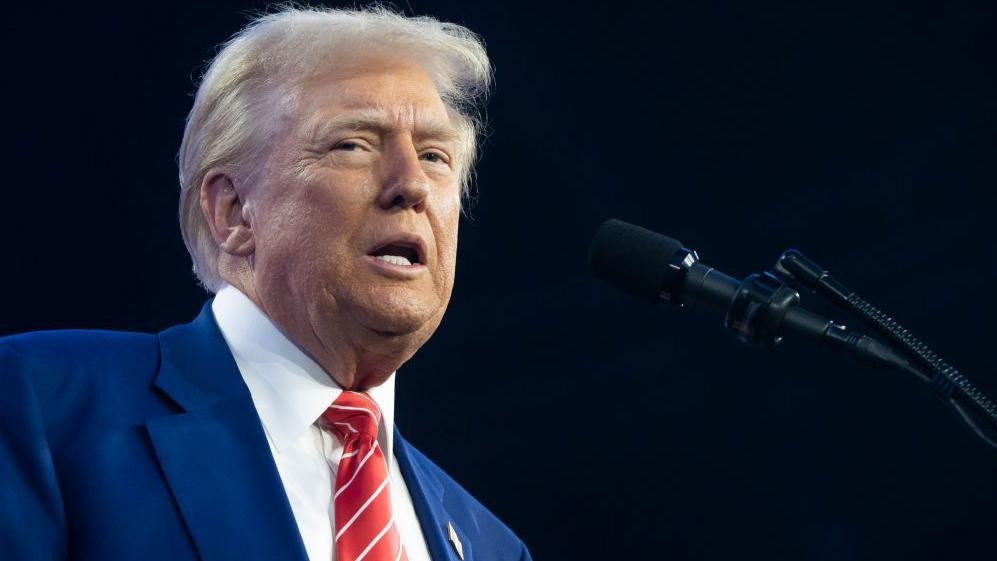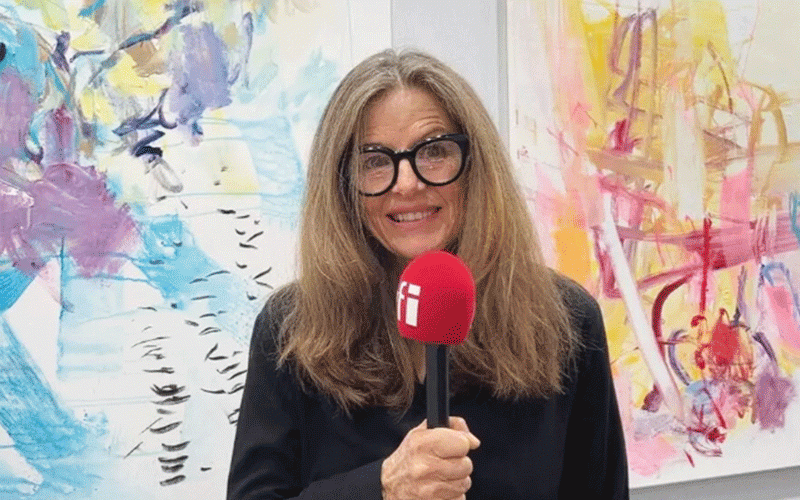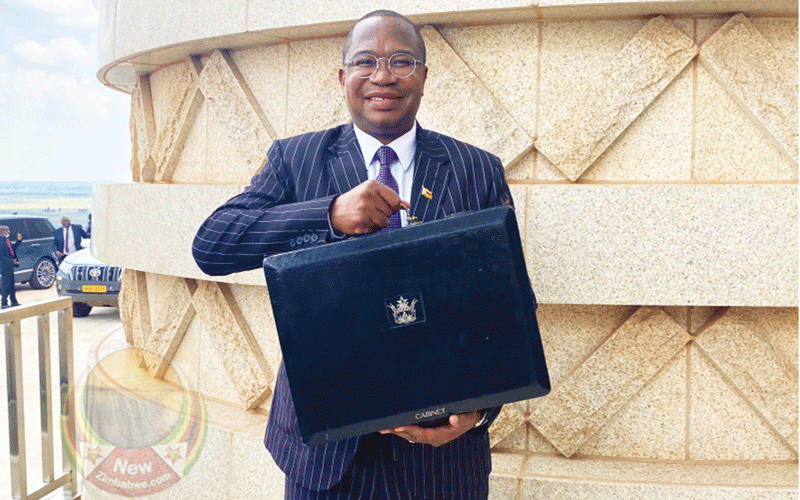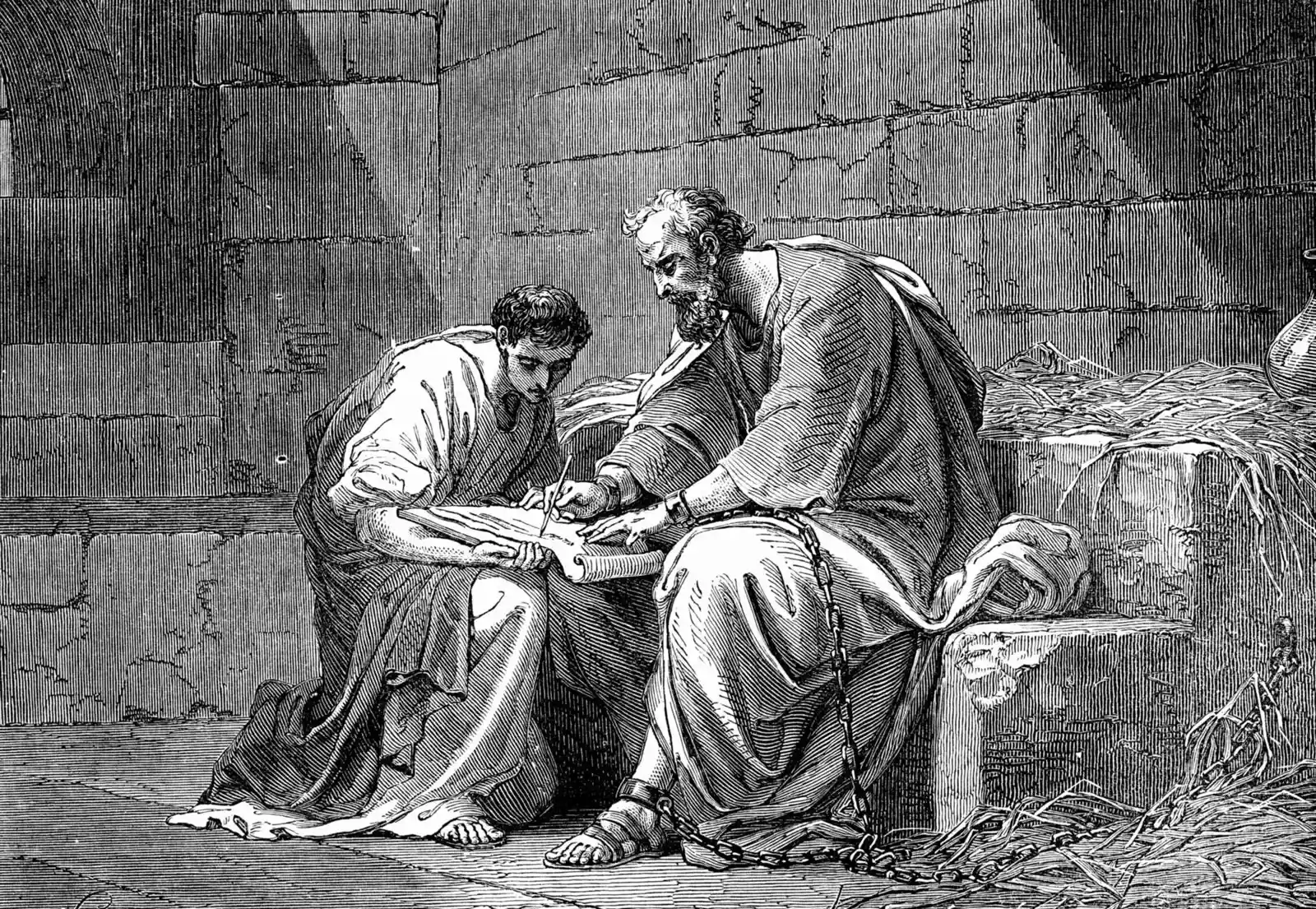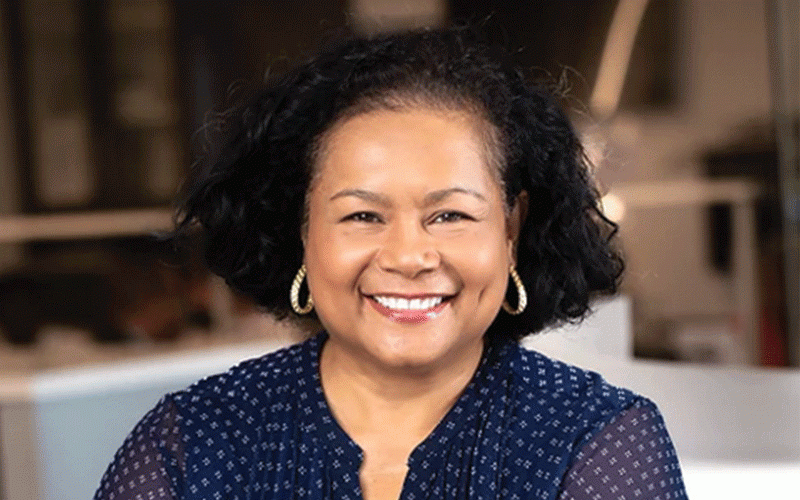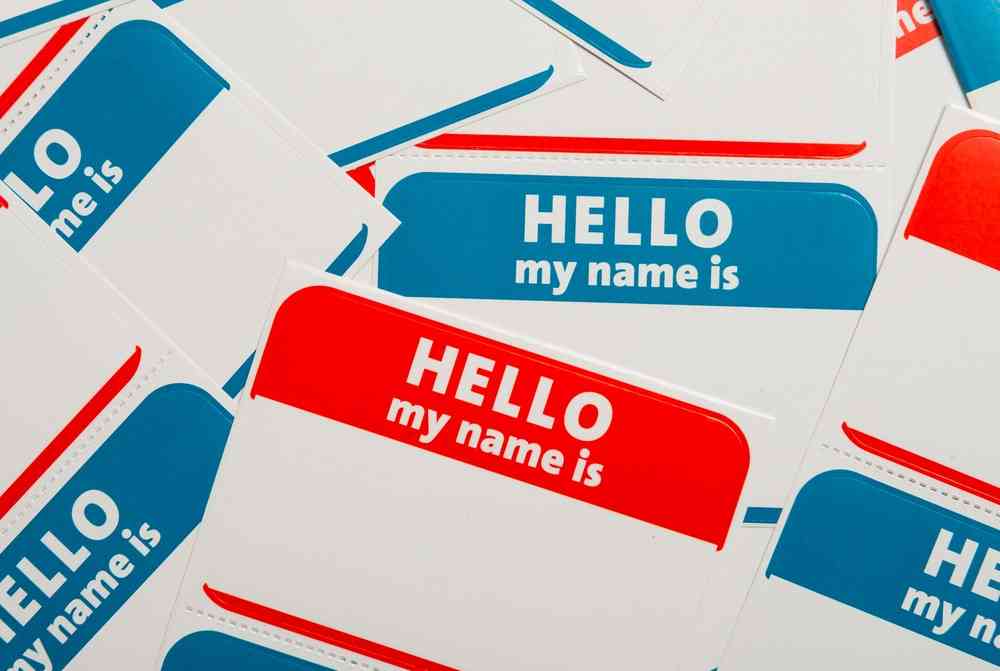
SOCIAL media has led to many changes in how people live and interact.
It has also led to changes in the naming system of people.
Recent trends show that most parents prefer to give their children English names to indigenous ones.
Several factors have influenced the change in the naming system. These include the influence of popular musicians and film stars from the west, social media influencers, politicians and sporting icons.
These days, names such as Tiana, Courtney, Keisha, Skylier and Beyonce, among others, have become popular.
For boys, names such as Jayden, Lionel, Sean, Curtis and Jahmiel have become popular.
Yesteryear, indigenous names were derived from various experiences and circumstances of happiness and sorrow and in turn carried deeper meanings and messages.
Some of the English names that dominated over the years included Nomore, Office, September and Friday.
- Model uses fitness training to fight drug abuse
- Village Rhapsody: Rising suicide cases among men worrying
- Young voters could decide Zim’s 2023 presidential election: Will they?
- Politicians giving us nightmares — Police
Keep Reading
Influencers of yesteryear’s names came from real-life experiences like loss due to poverty, deaths and miscarriages, among others. Events such as drought, family, village and national conflicts motivated parents to come up with names.
Popular yesteryear Ndebele names include Zenzo, Mangaliso, Thulani, Jabulani, Bekezela and Thandeka.
Some of the Shona names that were prominent in the post-independence period were Farai, Tonderai, Munyaradzi, Wadzanai and Tambudzai.
Clan or family names dominated before independence — names like Juliet, Moffat, Lucia and Davison.
Bibilical names then took over post-independence as churches spread without restrictions from colonial laws. Parents used biblical names like Timothy, Samuel, Miriam, John and Ruth.
An apostolic sect leader prophet Innocent Chikavaza told NewsDay Society that giving children yesteryear names can affect them in the future.
“Some of the names can cause misfortunes in a child's life, for example, names like Nhamo and Tambudzai. They can cause someone to suffer because of meaning associated with them,” Chikavadza said.
“Others give children names of departed family members and relatives, some who died mysterious and others had a certain behaviours. That child is likely to follow that person's deeds, if they were bad.”
On why nowadays parents are opting for English names as opposed to vernacular ones, Chikavaza said the situation was wrong as “we are slowly losing our identity”.
“We should be proud of our language and culture through names.”
Names play an important role in preserving the tradition and culture of a nation. Due to cultural dynamics and globalisation, the west continues to have influence over African countries.
A traditionalist, Clemence Bhero, said clan names help in preserving history.
“This trend of naming children in foreign language is not good at all; vernacular names help in storing general and family history, which should be passed on to succeeding generations.
“We must wake up before our history is lost. Posterity will judge us harshly if we don’t act now,” Bhero said.
“Most of those English names do not carry a meaning or bear any significance. The influence of Western media is at play and domineering.”
In an interview, an expecting mother, Privilege Magaisa, said her baby will be given an English name.
“I am moving with the times. I will not give my baby a vernacular name as these days everyone is giving their children English names.”
“I do not have any particular reason for that, but I am just following what others of my generation are doing.”

